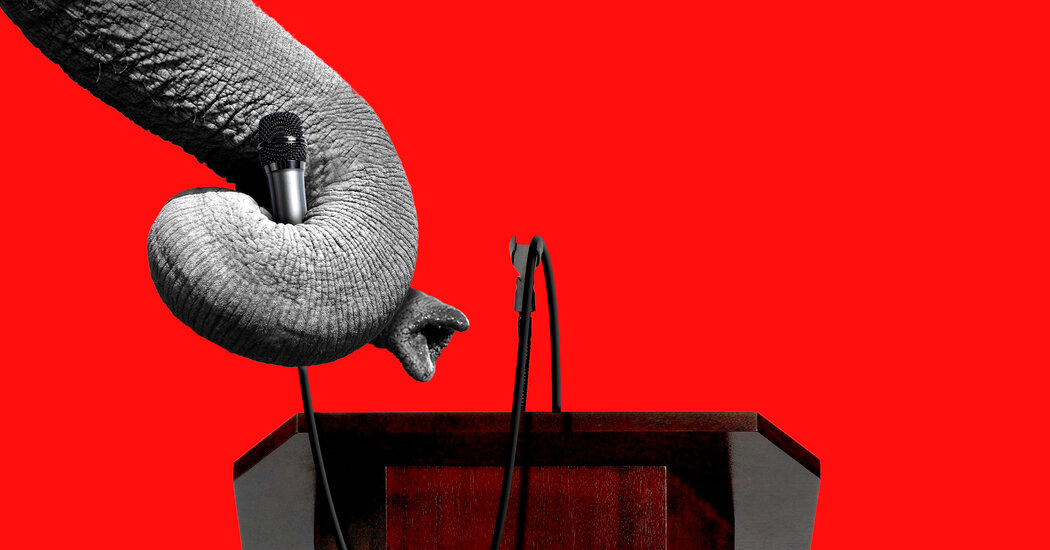
When Vice President JD Vance sat down to host an episode of Charlie Kirk’s podcast days after the conservative activist’s assassination, he came with a directive. “When you see someone celebrating Charlie’s murder, call them out,” he said. “And hell, call their employer.”
Not that right-wing activists needed the encouragement: Conservatives had already begun scouring social media for comments like that, along with posts they deemed too critical of Mr. Kirk’s career, in an effort to get the people who made them fired, tossed off social media or even imprisoned.
The purge has come with such speed and force that it feels like the beginning of a new era: the rise of the censorious right. But Mr. Vance’s comments signaled that what had started as a run-of-the-mill social media campaign was becoming a whole-of-government effort.
Brendan Carr, the chairman of the Federal Communications Commission, threatened ABC over comments made by the late-night host Jimmy Kimmel (“We can do this the easy way or the hard way.”). Representative Nancy Mace requested that the Department of Education sever federal funding to any school that refused to take action against employees who made objectionable comments, while Attorney General Pam Bondi said that the Department of Justice “will absolutely target” people using “hate speech” (after strong backlash, she reframed “hate speech” as unlawful threats of violence). Critics have branded these conservative cancelers the “woke right.”
“It’s the idea that the illiberalism that has swallowed the progressive left — what we often refer to as wokeness — has come for the right,” The Free Press’s Bari Weiss explained in the introduction to a podcast on the subject. And while conservatives are split over whether this is a positive development or a negative one, they all seem to agree on one point: The right learned its vengeance politics from the left. “Turnabout is fair play,” the conservative activist Christopher Rufo posted on X. Right-wing cancel culture was simply “an effective, strategic tit-for-tat.”
That argument rests on a flawed premise: that the right had been devoted to open debate and restrained government power, only reluctantly abandoning these principles to counter left-wing illiberalism. But the right did not learn cancel culture from the left; the modern right in America emerged as a censorious movement. It took decades for its free-speech faction to develop, and even then, it has only ever been a minority part of the coalition.
Thank you for your patience while we verify access. If you are in Reader mode please exit and log into your Times account, or subscribe for all of The Times.
Thank you for your patience while we verify access.
Already a subscriber? Log in.
Want all of The Times? Subscribe.



